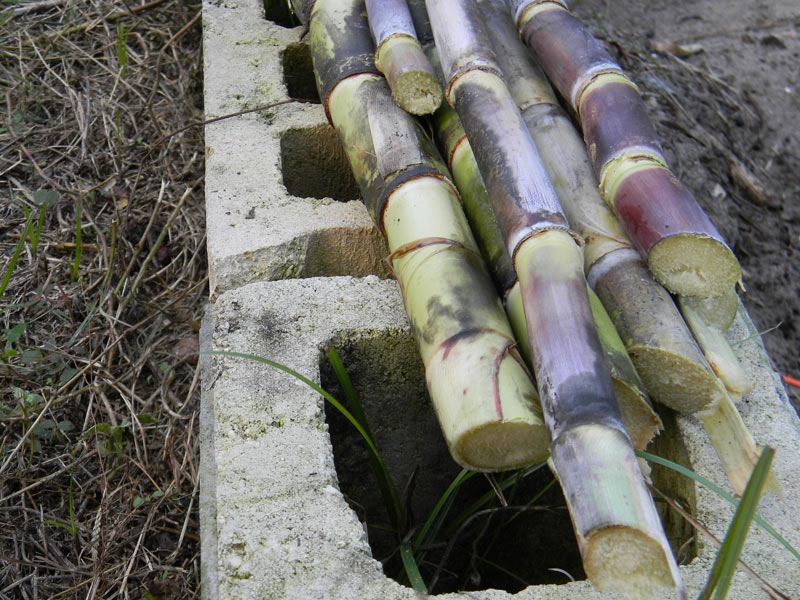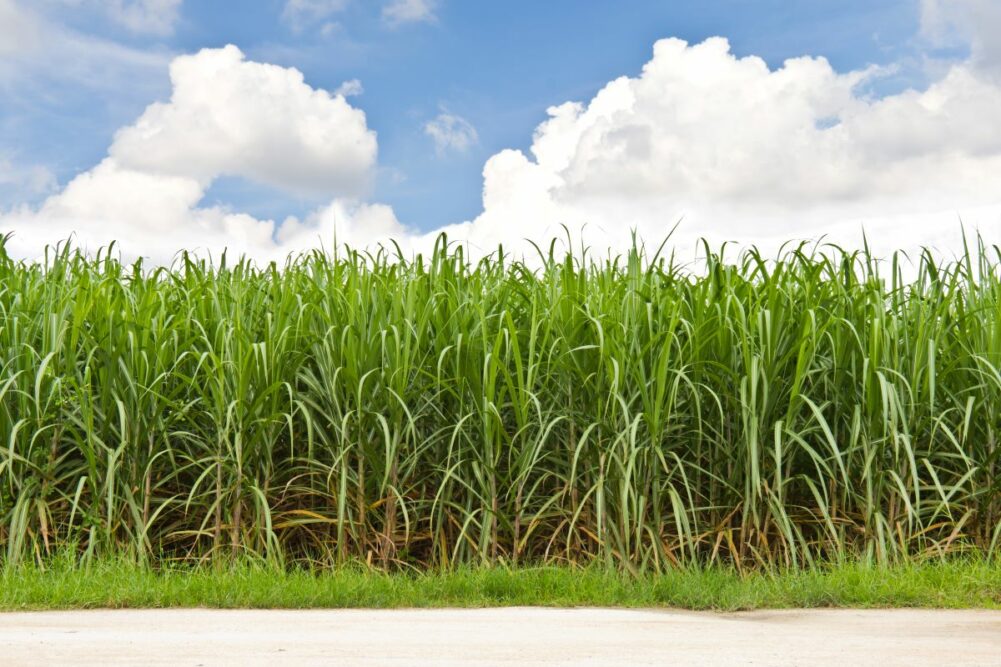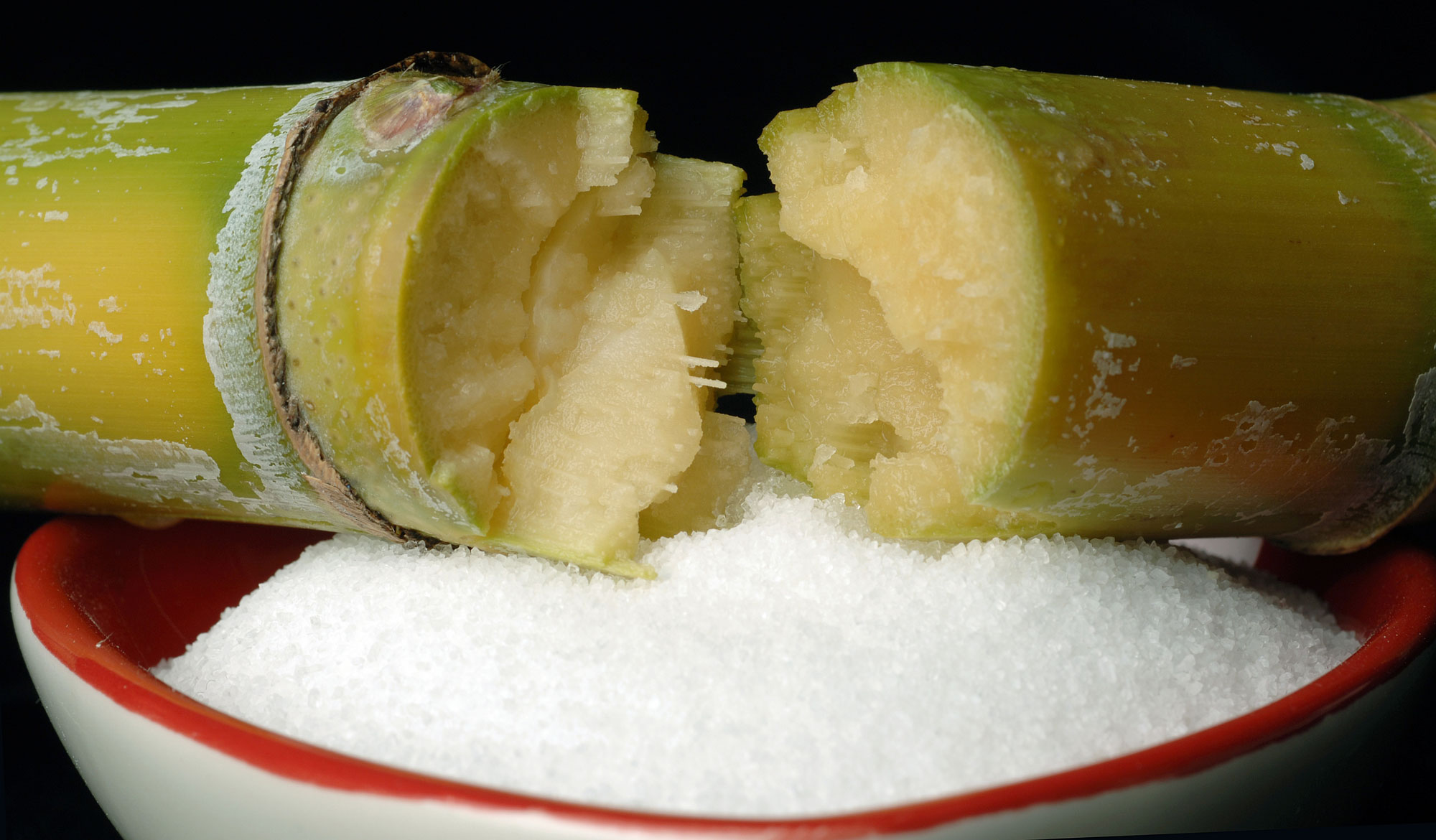Why Sugar and Cane Are Essential Ingredients in Baking and Cooking
Why Sugar and Cane Are Essential Ingredients in Baking and Cooking
Blog Article
Why Cane Sugar Handling Chemicals Are Critical for Modern Sugar Refining
The function of walking cane sugar processing chemicals in modern-day sugar refining can not be overstated, as they are important to enhancing both the performance of removal and the overall top quality of the final product. Agents such as phosphoric acid and details flocculants are employed to get rid of contaminations, leading to sugar that not just satisfies customer expectations however also abides by industry criteria. However, the ramifications of these chemicals expand beyond quality, discussing market dynamics and environmental factors to consider. This increases essential questions concerning the sustainability of such practices and their influence on the future of sugar manufacturing.
Role of Handling Chemicals
The efficiency of walking cane sugar handling hinges substantially on the strategic application of handling chemicals. These chemicals play a pivotal duty in boosting the performance and top quality of sugar extraction and refining. From the initial stages of juice extraction to the final filtration actions, handling chemicals help with various vital operations.
In the extraction stage, chemicals such as phosphoric acid and calcium hydroxide are used to optimize the information procedure, helping to get rid of contaminations and put on hold solids from the cane juice. This not just boosts the return however likewise ensures the clarity of the final product. Furthermore, representatives like flocculants help in the fast settling of pollutants, thus improving the overall process.
Triggered carbon and ion exchange materials serve to eliminate color and odor, making certain that the refined sugar satisfies customer high quality criteria. Therefore, the thorough option and application of these chemicals are crucial for attaining optimal end results in walking stick sugar processing.
Secret Kinds Of Chemicals
Cane sugar handling relies upon a range of key chemicals that promote each stage of production. These chemicals play necessary functions in making clear, whitening, and cleansing the sugar drawn out from walking cane.
One key category of chemicals includes flocculants, such as polyacrylamide, which aid in the clarification process by advertising the gathering and settling of impurities. In addition, calcium hydroxide is typically employed to counteract level of acidity and aid in the elimination of non-sugar parts.
Lightening representatives, such as turned on carbon and sulfur dioxide, are made use of to decolorize the syrup, causing a clearer final product. These chemicals help eliminate color substances that may influence the sugar's look and marketability.
Moreover, phosphoric acid serves as a pH regulatory authority throughout the handling stages, making sure optimum problems for the chemical activities included in sugar extraction and purification.
Other essential representatives consist of edta (ethylenediaminetetraacetic acid), which chelates steel ions that can militarize unfavorable reactions, and salt hydroxide, which helps in pH control throughout the refining process. Jointly, these chemicals boost effectiveness and guarantee a high-quality cane sugar item.
Benefits for Sugar Quality
Often ignored, using specific processing chemicals dramatically improves the total high quality of cane sugar. These chemicals play a critical role in refining processes, ensuring that the last product meets rigorous industry requirements for purity and preference.

In addition, refining chemicals assist in accomplishing a regular granulation and appearance, which are important for consumer acceptance. By regulating the condensation procedure, these chemicals ensure that the sugar crystals develop evenly, bring about a much more enticing product that liquifies well in various applications.
Furthermore, the usage of these chemicals can boost the life span of cane sugar by lessening wetness absorption and microbial development. Generally, the tactical application of processing chemicals is important for delivering premium cane sugar that fulfills customer expectations and sector demands.
Ecological Effect Considerations

Additionally, the energy-intensive nature of sugar refining, click this worsened by chemical use, frequently causes increased carbon emissions. This contributes to climate change and increases problems concerning the sustainability of current refining methods. Furthermore, the sourcing of these chemicals might entail techniques that intimidate biodiversity, such as monoculture farming, which lowers the strength of farming ecosystems.

To reduce these impacts, sugar refiners are progressively exploring lasting choices and embracing finest techniques that decrease chemical use. Implementing strenuous environmental monitoring systems can assist guarantee that the refining procedure aligns with environmental requirements and promotes biodiversity. Inevitably, a well balanced method that prioritizes both sugar high quality and environmental stewardship is vital for the long-term practicality of the sugar market.
Future Trends in Refining
As the sugar sector comes to grips with the environmental obstacles linked with standard refining methods, cutting-edge techniques are emerging to boost both effectiveness and sustainability. One significant fad is the adoption of green chemistry concepts, which prioritize using non-toxic, naturally degradable processing chemicals. This shift not just reduces environmental influence but additionally addresses consumer demand for cleaner manufacturing methods.
An additional promising growth is the implementation of advanced purification innovations, such as membrane layer separation and adsorption procedures. These techniques enhance the clarity and high quality of the sugar while decreasing the quantity of wastewater generated throughout refining. In addition, the integration of electronic modern technologies, including IoT and AI, is transforming functional effectiveness by allowing real-time monitoring and anticipating upkeep, hence minimizing resource waste.
Moreover, making use of byproducts from sugar refining, such as bagasse and molasses, is obtaining traction. These materials can be exchanged biofuels or value-added products, adding to a round economic climate within the industry. about his Collectively, these fads signify a shift in the direction of even more sustainable techniques that not just enhance operational performance yet also align with international sustainability goals, making sure the future stability of sugar refining.
Conclusion
Cane sugar processing chemicals are important in modern-day sugar refining, significantly enhancing the efficiency and high quality of sugar extraction. The calculated usage of these chemicals not just boosts the pureness and taste of the last item but likewise makes sure constant condensation and structure. As the sector significantly focuses on sustainability, the adoption of environmentally-friendly processing agents is likely to shape future trends in refining, ultimately bring about better items and prolonged service life for consumers.

Eventually, a well balanced strategy that focuses on both sugar top quality and environmental stewardship is essential for the long-lasting stability of the sugar industry.
Walking cane sugar processing chemicals are vital in modern-day sugar refining, considerably boosting the efficiency and high quality of sugar removal.
Report this page